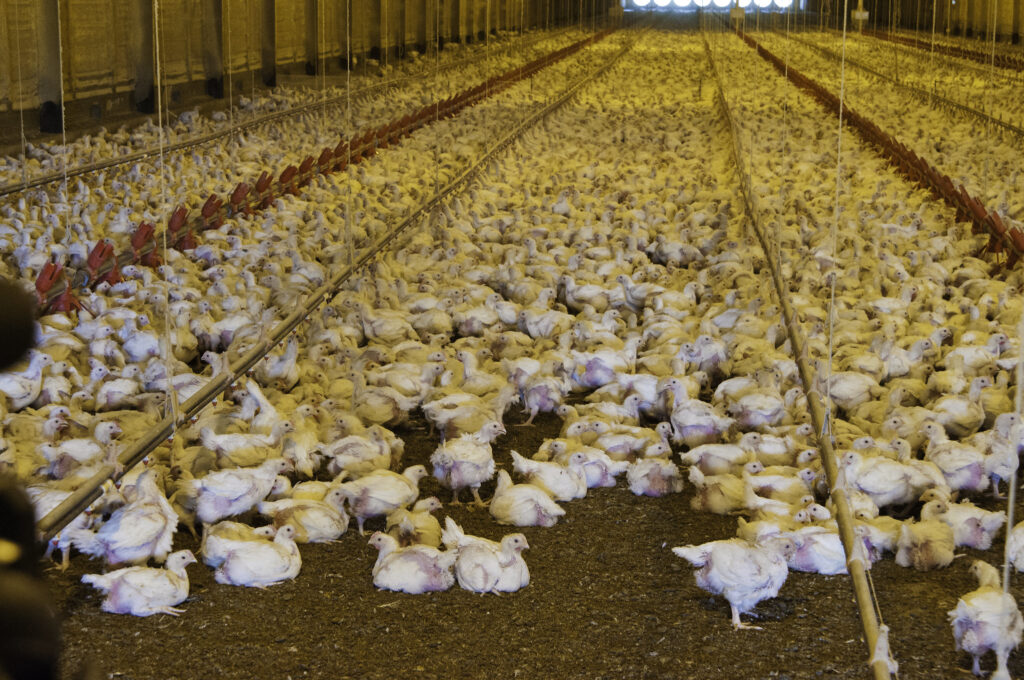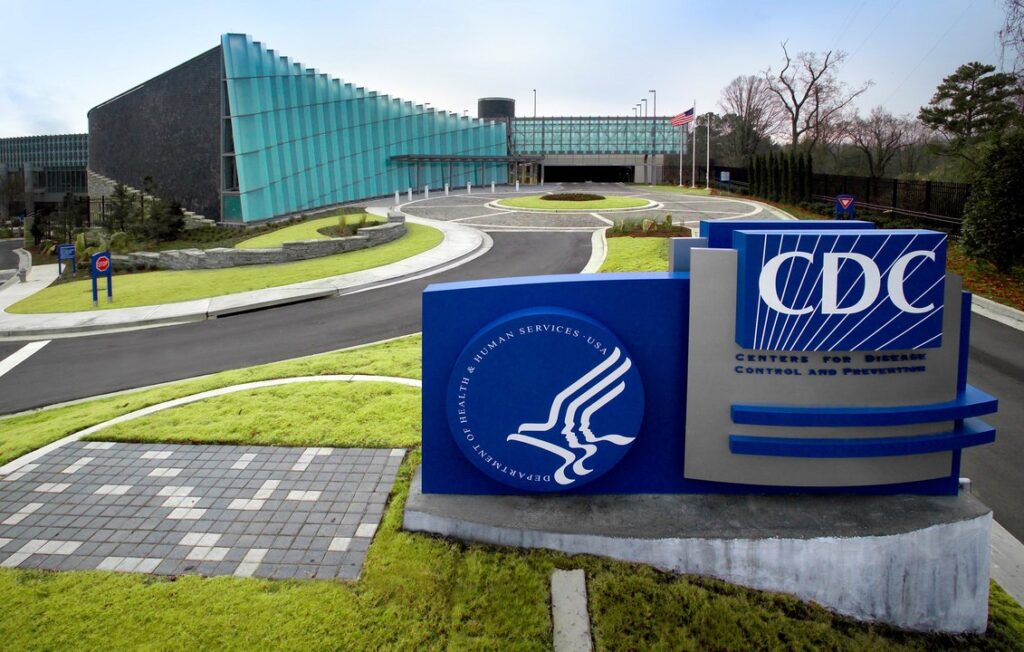On July 14, 2024 the Centers for Disease Control and Prevention (CDC) confirmed four cases of highly pathogenic avian influenza, also known as H5 bird flu (H5N1) in Colorado.
All four cases were originally reported on July 12, 2024. A fifth case is possible as the CDC is waiting on specimens from the suspected case for testing.
Humans can contract bird flu (H5N1) through direct contact with an infected animal, according to the CDC. All current cases are associated with the same poultry facility in Weld County, Colorado.
A CDC team is on the site in Colorado. They report the public is at no risk of an outbreak at this time. All workers at the facility who have confirmed cases of H5N1 report eye redness and irritation, fever, and coughing. They are currently under treatment with antiviral medication.
H5N1 Confirmed Cases
The CDC reports that there have been nine human bird flu outbreaks in the United States since 2022. Four are believed to be from exposure to cows. These more recent five cases are from exposure to poultry.

Bird flu has killed over 90 million birds since 2022.
On July 3, 2024, the CDC confirmed a human case of bird flu contracted from dairy cows in Colorado.
The case was one of four related to cattle, with others being reported in Texas and Michigan. The infected individual reported eye irritation similar to pink eye, but required no hospitalization. The individual has since recovered.
Precautions for Poultry and Cattle Workers
In order to avoid contamination, the CDC suggests not going near sick or dead birds without the proper personal protective equipment (PPE) which includes safety goggles, gloves, boots, and an N95 respirator. They also note it is important to cook poultry, eggs, and beef at a high temperature to kill off bacteria.
The news quickly made its rounds on social media and online forums such as Reddit. Users expressed concern about the potential for another COVID-like pandemic.
“Every story like this makes me yearn for the advancement of lab grown animal products,” Reddit user MachFiveFelon said.
“Since as far as we have any reason to know so far these cases were directly transmitted by sick birds, these cases specifically aren’t super scary, just unfortunate,” says user RememberKoomValley.
According to World Health Organization (WHO) data, 889 bird flu cases across twenty-three countries have been recorded since 2003. Of those cases, 471 people died — a 53% fatality rate. By comparison, COVID-19’s current estimated fatality rate is between 1–2%.
“Currently, human infections of avian influenza are limited and vaccines are not recommended,” the WHO reports.
The organization also announced that although the yearly influenza vaccination does not prevent bird flu, it can prevent dual infections, which increase risk of adverse outcomes.
The WHO recommends regular hand washing and sanitation to prevent bird flu. It also advises avoiding consumption of raw dairy, eggs, and meat. Poultry and livestock associated workers are advised to wear a mask, gloves, and protective eye gear.
The CDC is monitoring and posting updates on the situation as it determines the full scope of the threat.
Related: WHO Declares Monkeypox Outbreak in Africa Public Health Emergency


